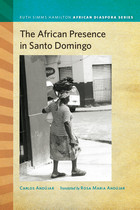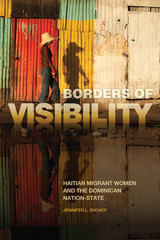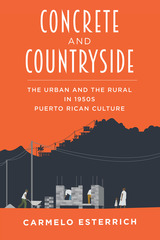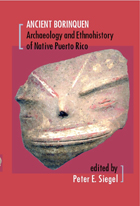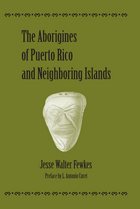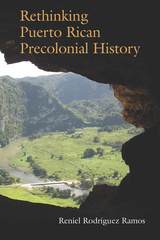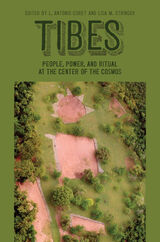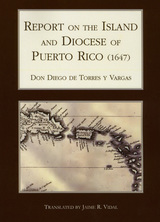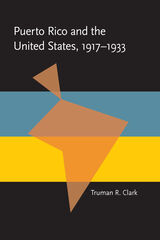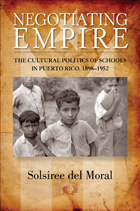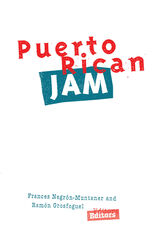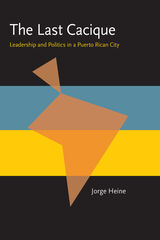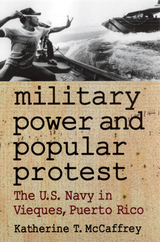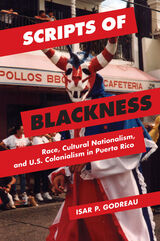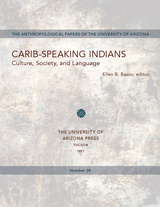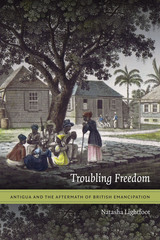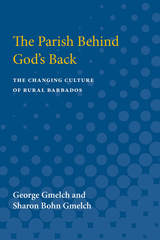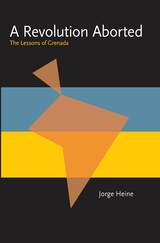Negotiating Empire: The Cultural Politics of Schools in Puerto Rico, 1898–1952
University of Wisconsin Press, 2013
Paper: 978-0-299-28934-8 | eISBN: 978-0-299-28933-1
Library of Congress Classification F1975.M59 2013
Dewey Decimal Classification 972.95052
Paper: 978-0-299-28934-8 | eISBN: 978-0-299-28933-1
Library of Congress Classification F1975.M59 2013
Dewey Decimal Classification 972.95052
ABOUT THIS BOOK | AUTHOR BIOGRAPHY | REVIEWS | TOC | REQUEST ACCESSIBLE FILE
ABOUT THIS BOOK
After the United States invaded Puerto Rico in 1898, the new unincorporated territory sought to define its future. Seeking to shape the next generation and generate popular support for colonial rule, U.S. officials looked to education as a key venue for promoting the benefits of Americanization. At the same time, public schools became a site where Puerto Rican teachers, parents, and students could formulate and advance their own projects for building citizenship. In Negotiating Empire, Solsiree del Moral demonstrates how these colonial intermediaries aimed for regeneration and progress through education.
Rather than seeing U.S. empire in Puerto Rico during this period as a contest between two sharply polarized groups, del Moral views their interaction as a process of negotiation. Although educators and families rejected some tenets of Americanization, such as English-language instruction, they also redefined and appropriated others to their benefit to increase literacy and skills required for better occupations and social mobility. Pushing their citizenship-building vision through the schools, Puerto Ricans negotiated a different school project—one that was reformist yet radical, modern yet traditional, colonial yet nationalist.
Rather than seeing U.S. empire in Puerto Rico during this period as a contest between two sharply polarized groups, del Moral views their interaction as a process of negotiation. Although educators and families rejected some tenets of Americanization, such as English-language instruction, they also redefined and appropriated others to their benefit to increase literacy and skills required for better occupations and social mobility. Pushing their citizenship-building vision through the schools, Puerto Ricans negotiated a different school project—one that was reformist yet radical, modern yet traditional, colonial yet nationalist.
See other books on: Colonial influence | Cultural Policy | Cultural Politics | Philosophy, Theory & Social Aspects | Puerto Rico
See other titles from University of Wisconsin Press

